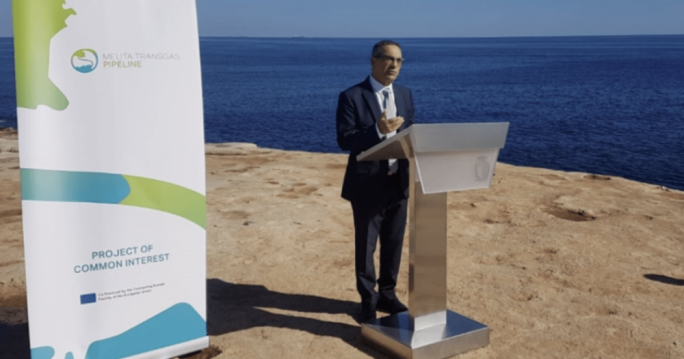
Editorial | A labour market in flux
Flexibility should be an integral part of work packages, aided by investment in technology that enables safe remote working

The labour market is in flux with a lasting legacy of the pandemic being a shortage of workers in various sectors.
A recent report by the Malta Employers Association acknowledged that the pandemic gave workers a chance to savour a slower-paced life, prompting them to seek flexible working conditions in a post-pandemic world.
The search for a better balance between work and life has prompted workers to shift away from certain industries, leaving gaps in the labour market that are hurting these sectors.
This situation, which is particularly evident in the hospitality, catering and retail sectors, is fuelling the need for more foreign workers.
This pressure from industry comes at a time when government is itself re-evaluating the economic model it championed over the past nine years, which was based on labour market growth.
Finance Minister Clyde Caruana has said the country needs to look at a different economic model that aims for higher value-added, a better-skilled workforce, technologically-driven change and that champions quality of life issues. It is the next stage of “economic development”, Caruana described it.
But in doing so, the minister added this will not happen at the flick of a switch and not in all sectors. Some will definitely need foreign labour to supplant gaps in availability and skills.
Whatever the direction the economy takes, foreign labour will still be required across the various industrial sectors for the foreseeable future.
Within this context, government must respond to the commercial community’s demands by ensuring the work permitting system is robust but efficient.
Work permits are currently issued for one year. It may make sense to grant work permits for lengthier periods to encourage permanency and stability, making it worthwhile for companies to train foreigners and help them integrate better.
These lengthier permits may be tied to certain conditions, such as proficiency in English and a certain skills level.
Allowing foreign workers to settle here permanently should also be a possibility that is offered, especially in areas where the country lacks skills.
A number of sectors are dependent on foreign workers to function properly, such as the nursing and care giving professions. Giving these workers a sense of permanency will not only serve as an incentive but also ground them within this society.
The MEA has suggested regular communication between Identity Malta and recruitment agencies and other stakeholders. This dialogue is necessary to smooth the kinks and encourage a better understanding of needs and obligations.
But businesses also have to respond to the demands of changing society that yearns for more job flexibility. The pandemic has changed attitudes.
Workplace flexibility should be encouraged by government through tax and investment incentives but businesses must also step up, especially if they want to employ Maltese workers.
Flexibility should be an integral part of work packages, aided by investment in technology that enables safe remote working.
aUnderstanding the labour market, and the economy’s current and future demands, are crucial. This is why the skills survey undertaken by the National Statistics Office was important.
The findings will help inform policy choices for a gradual transition to a new economic model.



